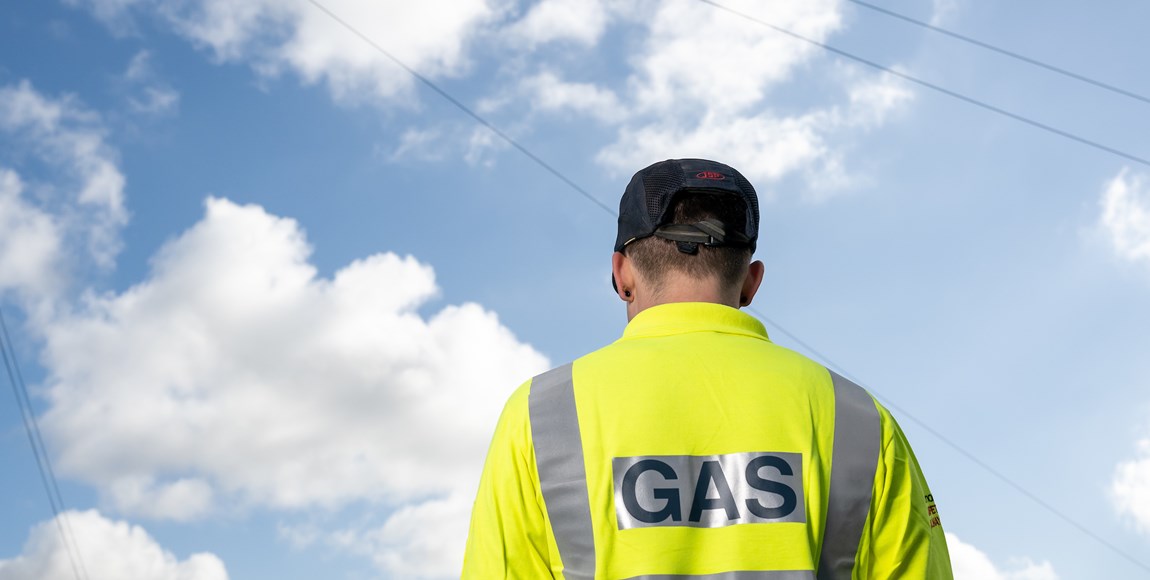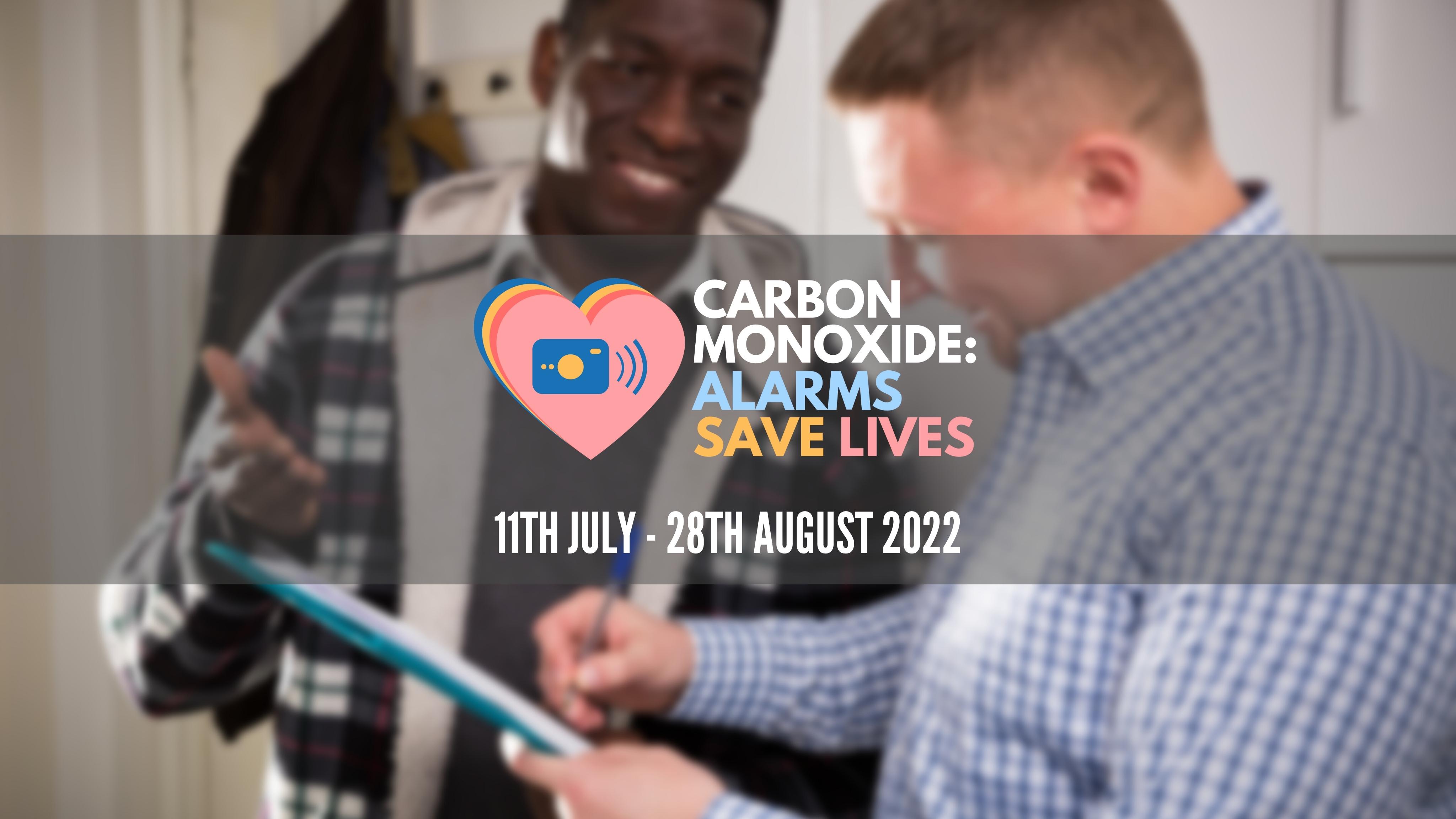This year, the laws are changing for smoke and carbon monoxide alarms in the UK, meaning many more domestic properties will be legally required to have them. To raise awareness of the new rules, Wales & West Utilities is supporting the All-Party Parliamentary Carbon Monoxide Group's Carbon Monoxide Alarms Save Lives campaign.
The campaign highlights what carbon monoxide is, how to stay safe from its dangers and why households need to install carbon monoxide alarms. It will run until 28 August and is sponsored by all of the UK’s gas distribution networks - Wales & West Utilities, SGN, Northern Gas Networks and Cadent.
Carbon monoxide – ‘the silent killer’ – cannot be detected by human senses. However, a sounding alarm can to alert occupants to dangerous levels of carbon monoxide. This year, many more domestic properties will be legally required to have such alarms. The change to the law follows years of campaigning by the All-Party Parliamentary Carbon Monoxide Group, which has been formally calling for carbon monoxide alarms to be required in many more homes since 2017.
The group’s chair, Barry Sheerman MP, said:
By making carbon monoxide alarms a legal requirement, governments are sending a strong message – carbon monoxide is seriously harmful. If you don’t have an alarm, you need to get one for your home as soon as possible.
Carbon monoxide poisoning can kill. It can cause harm to our vital organs and is particularly dangerous for pregnant women and children. Please join our campaign to spread the word about carbon monoxide alarms this summer – and make sure your home is protected.
In England, from 1 October 2022 all rented homes must have a carbon monoxide alarm in every room which contains a fixed combustion appliance other than a gas cooker.
In Wales, from 1 December 2022 all rented homes must have a carbon monoxide alarm in every room that has a gas, oil fired or solid fuel appliance.
Wales & West Utilities Head of Emergency Services, Clive Book, said:
This campaign will make sure more people are kept safe from the deathly dangers of carbon monoxide.
We do everything we can to raise awareness of the dangers of carbon monoxide – the ‘silent killer’ – and urge people to follow simple steps to keep themselves and their loved ones safe.
Having an audible carbon monoxide alarm is one of the simplest things they can do, and we are pleased this potentially life-saving piece of equipment will soon be a legal requirement in rented homes across Wales and south west England.
Symptoms of carbon monoxide poisoning include headaches, tiredness, nausea, dizziness, drowsiness, shortness of breath and, in extreme cases, loss of consciousness.Symptoms of carbon monoxide poisoning can be similar to those of food poisoning and the flu. However, unlike the flu, carbon monoxide poisoning does not cause a high temperature (fever).
To stay safe, people are urged to:
- Make sure that gas appliances are serviced annually: that includes gas boilers, gas cookers and gas water heaters.
- Know the signs of carbon monoxide: Look out for your gas appliances burning a floppy yellow or orange, not crisp and blue; pilot lights on boilers frequently blowing out; extra condensation inside your window; soot or yellow stains around appliances.
- Know the symptoms of carbon monoxide poisoning: similar to the flu or food poisoning without a high temperature.
- Get an audible carbon monoxide alarm in every room with a gas appliance and test it regularly.
- If your alarm sounds, or you suspect carbon monoxide, take action: move outside into fresh air, leaving doors and windows open as you go. Then call the National Gas Emergency Service on 0800 111 999. In a medical emergency, don't delay, call 999 immediately.
Wales & West Utilities, the gas emergency and pipeline service, brings energy to 7.5m people across the south west of England and Wales. If you smell gas, or suspect the presence of carbon monoxide, call us on 0800 111 999 straight away, and our engineers will be there to help any time of day or night. Before visiting, we'll ask you to let us know if you or anyone in your household, is experiencing Coronavirus symptoms or self-isolating. We'll still come and help you: but our teams will take some additional precautions to keep us all safe.




